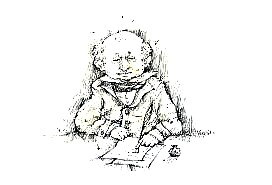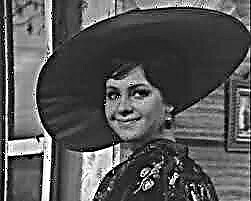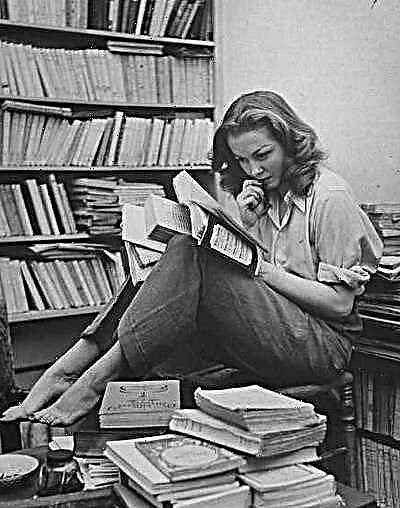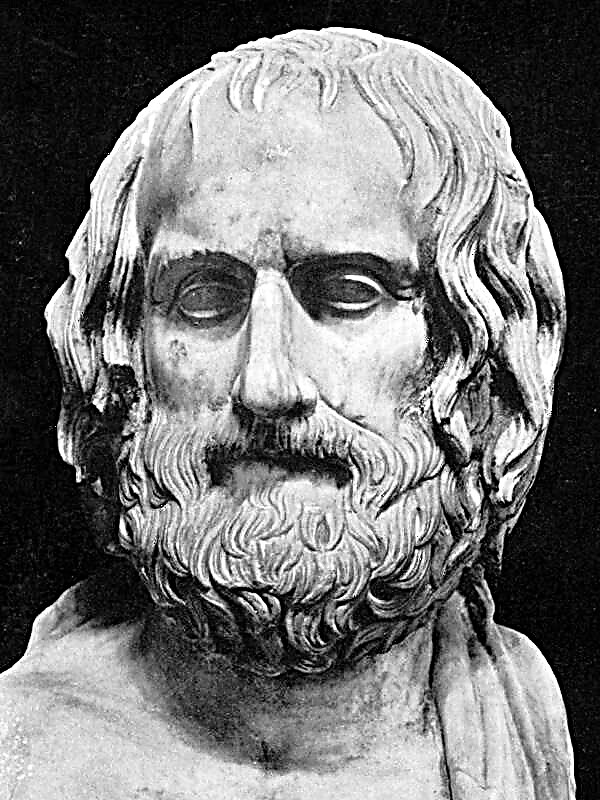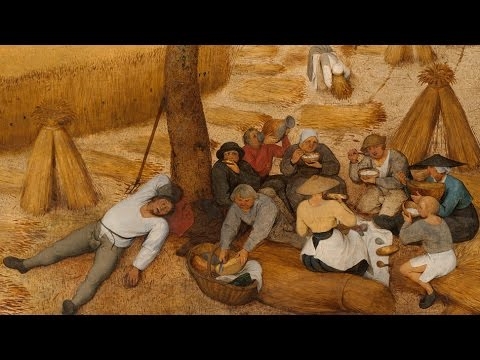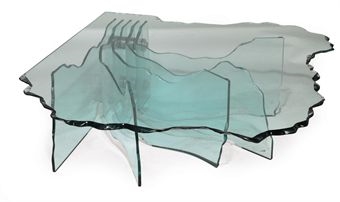(300 words) Maxim Gorky began his creative activity with romantic works. In these works, the writer preaches the cult of a free, strong personality. Heroine Rudda from the story “Makar Chudra” is such a self-willed, proud, unlike anyone else.
“Maybe her beauty could be played on the violin, and even then, he who knows this violin, like his soul,” says the storyteller about Radda. Already in these words, we see how much a young gypsy with her beauty could bewitch and seduce. She is fully aware of the power of her charm, and will not sell herself for any wealth. So, Radda calmly and imperiously rejects the courtship of the tycoon, she looks down at him like a royal bird at a worm enslaved by material values. This shows that the heroine is more important than the soul, real feelings, and not the sparkle of gold and the rustling of bills. In addition, Rudda is very proud. When Loiko Zobar appears, the songs of which fascinated all gypsies, she does not show such reverence to her newly-appeared hero as her father and other members of the camp. She even makes fun of Zobar’s pride. I think in it Radda saw a worthy of herself, but pride did not allow her to admit it. She is the queen, the one in front of which men kneel, cannot just fall in love! That is why she laughs at Loiko. Thus, the girl skillfully attracted attention, was able to hook the gentleman. This speaks of female cunning, dexterity and the mind of a gypsy. But before us are romantic heroes, who put freedom above all else. Gypsy tells Zobar: "Will, Loiko, I love more than you ...". She knew that Loiko would kill her, and was waiting for this, because otherwise she would have been disappointed in her chosen one forever.
Thus, the main character traits of Rudda are pride, love of freedom, cunning, ingenuity, self-esteem, courage and courage. This is the archetype of the real queen in Gorky's romantic prose. She is a masterful and rebellious eaglet, which Loyko will try to catch up with forever: "... and in no way could the handsome Loyko catch up with the proud Rudda."

